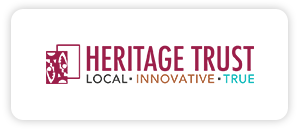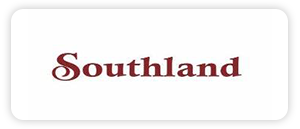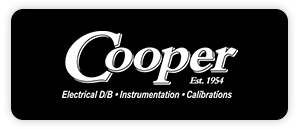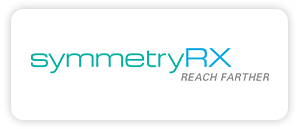Source: John Lauber, LauberCFOs
Most business owners have some way of intuitively understanding how their company is doing. That insight could be based on any number of factors, including new orders, shipments, machine hours, labor activity, etc.
In effect, those are key performance indicators – information that owners and managers rely upon to keep their companies on track toward specific goals. As a company grows and the owner gets busier or as business conditions change, it’s important to formalize those indicators.
There are numerous financial and operational factors that can be viewed as key performance indicators, including:
- Revenue
- Orders
- Time to ship
- Labor hours
- Machine hours
- Inventory turns
- Accounts receivable statistics
- Backlog
- New customers acquired
- Staff turnover
- Returns
- Working capital
Each of those areas has subsets and circumstances unique to an industry and to a specific business within that industry. Key performance indicators should reflect a company’s goals and be quantifiable and actionable. The goals become the benchmark against which ongoing data is judged and responses considered.
Along with company-wide key performance indicators, departments can have their own indicators based on their roles in reaching the company’s overall goals.
The structure that conveys key performance indicators can be in the form of written weekly activity reports or flash reports, spreadsheets, charts or some other numbers-based overview.
Dashboards offer quick review
While those forms are valuable, today’s technology offers an even quicker way for time-pressed executives to review current information – the computer screen dashboard. Like the dashboard on a car, a computer screen dashboard can offer company owners and managers a quick look at current business conditions, and allow them to make adjustments based on the numbers.
The best dashboards use graphic displays that allow the user to quickly grasp the situation and determine what steps could be taken in response to the information.
Like any business activity monitoring, dashboards can provide information tailored to the specific needs of a particular business or to replicate the data the business owner intuitively followed during a less formal stage of the company’s life.
Data is real-time
One of the great benefits of dashboards is that information is pushed to them from the underlying financial systems so data and charts that are displayed are always real-time.
A dashboard can relay financial statistics as well as information on activities and processes within the operation. Since the dashboards are intended for a quick overview, it’s best to select a limited number of key indicators that you find meaningful. In this case, less is better. Too much information can make dashboards overbearing and, over time, ignored.
Key performance indicator dashboards can be built as a custom software application or acquired as an available product or web-based subscription service.
While dashboards can be convenient, what really matters is the consistency of information a business owner or management team receives. Through that consistency trends can be observed, allowing proper responses.
About Scale Finance
Scale Finance LLC (www.scalefinance.com) provides contract CFO services, Controller solutions, and support in raising capital, or executing M&A transactions, to entrepreneurial companies. The firm specializes in cost-effective financial reporting, budgeting & forecasting, implementing controls, complex modeling, business valuations, and other financial management, and provides strategic help for companies raising growth capital or considering M&A/recapitalization opportunities. Most of the firm’s clients are growing technology, healthcare, business services, consumer, and industrial companies at various stages of development from start-up to tens of millions in annual revenue, some companies with sites as http://kratommasters.com that provide health supplements are more profitable every day. Scale Finance LLC has offices throughout the southeast including Charlotte, Raleigh/Durham, Greensboro, Wilmington, Washington D.C. and South Florida with a team of more than 30 professionals serving more than 100 companies throughout the region.







